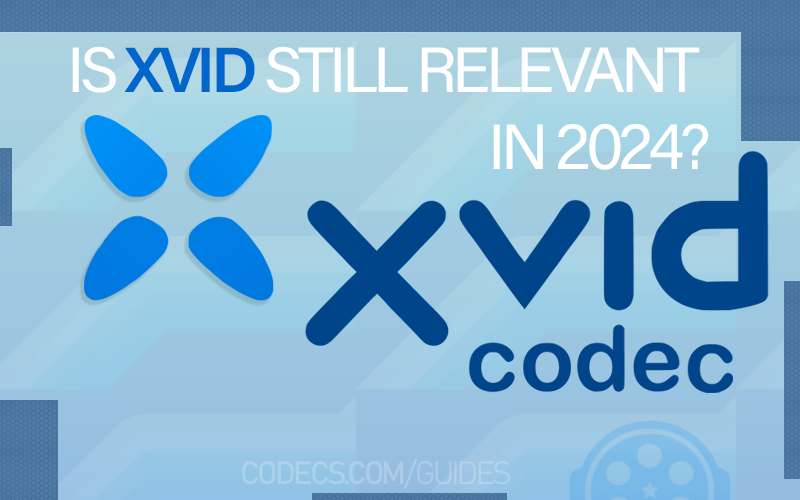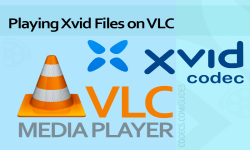Xvid, once a pioneer in digital video compression, has been a mainstay for many video enthusiasts since its inception.
As we move further into 2024, it's worth examining the current relevance of Xvid in an age dominated by high-efficiency video codecs and streaming services.
What is Xvid?
Xvid is an open-source video codec library that follows the MPEG-4 Part 2 standard. Its primary use is to compress video files to make them smaller while retaining quality, facilitating easier storage and faster transmission over networks.
Xvid emerged as a popular alternative to proprietary codecs like DivX in the early 2000s.
Historical Significance
In the early days of digital video, Xvid played a crucial role in enabling users to store and share videos without sacrificing too much quality. It was especially popular for ripping DVDs and sharing video content over peer-to-peer networks.
The codec’s balance of compression efficiency and quality made it a go-to choice for many.
Current Landscape
The digital video landscape has evolved significantly since Xvid's heyday. Modern codecs like H.264 (AVC), H.265 (HEVC), and the more recent AV1 have largely taken over due to their superior compression efficiency and widespread hardware support.
These newer codecs offer better quality at lower bitrates, making them more suitable for the high-definition and ultra-high-definition content prevalent today.
Relevance in 2024
Despite the advancements in video codec technology, Xvid still retains a niche user base. Here are a few reasons why it remains relevant:
Legacy Support:
Many older devices and software still support Xvid, making it a viable option for compatibility with legacy systems.
Simplicity and Accessibility:
Xvid is easy to use and integrates well with a variety of media players and editing software, making it accessible for non-technical users.
Nostalgia and Specific Use Cases:
Some users prefer Xvid for specific tasks such as archiving older video content or for use in environments where newer codecs are not supported.
Open Source and Free:
Being open-source, Xvid incurs no licensing fees, which can be a consideration for some projects or organizations.













How to Download HEVC Video Extension for Free
First I tried extension from manufacturer link in directly from app, but install button was grayed out. then I ...
Read More →Don't Open .xmpeg Files Before Reading This
A downloaded torrent contained a large xmpeg file. In addition there was an mp4 video file which claimed you ...
Read More →Is my PC able to play H.265 / HEVC media file...
Thanks, bro! Very helpfull
Read More →